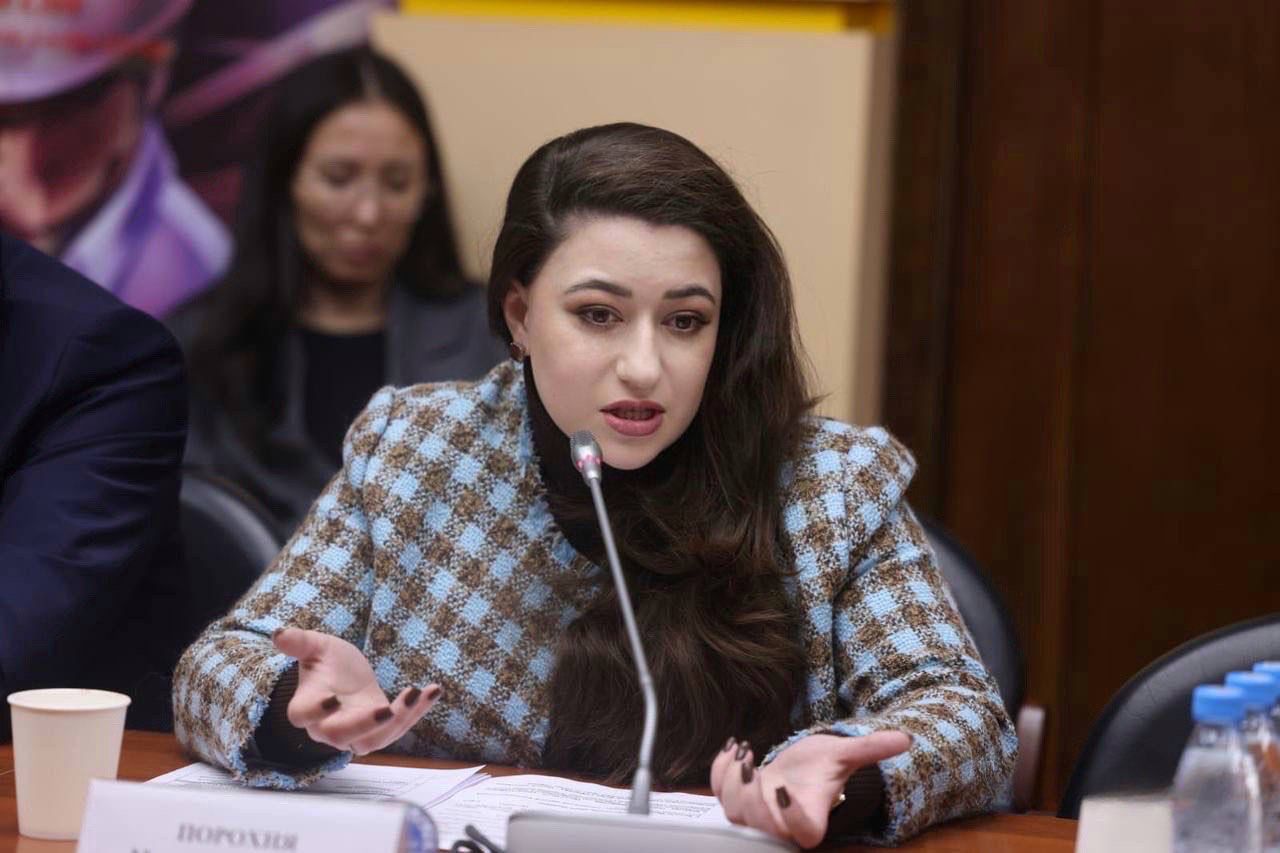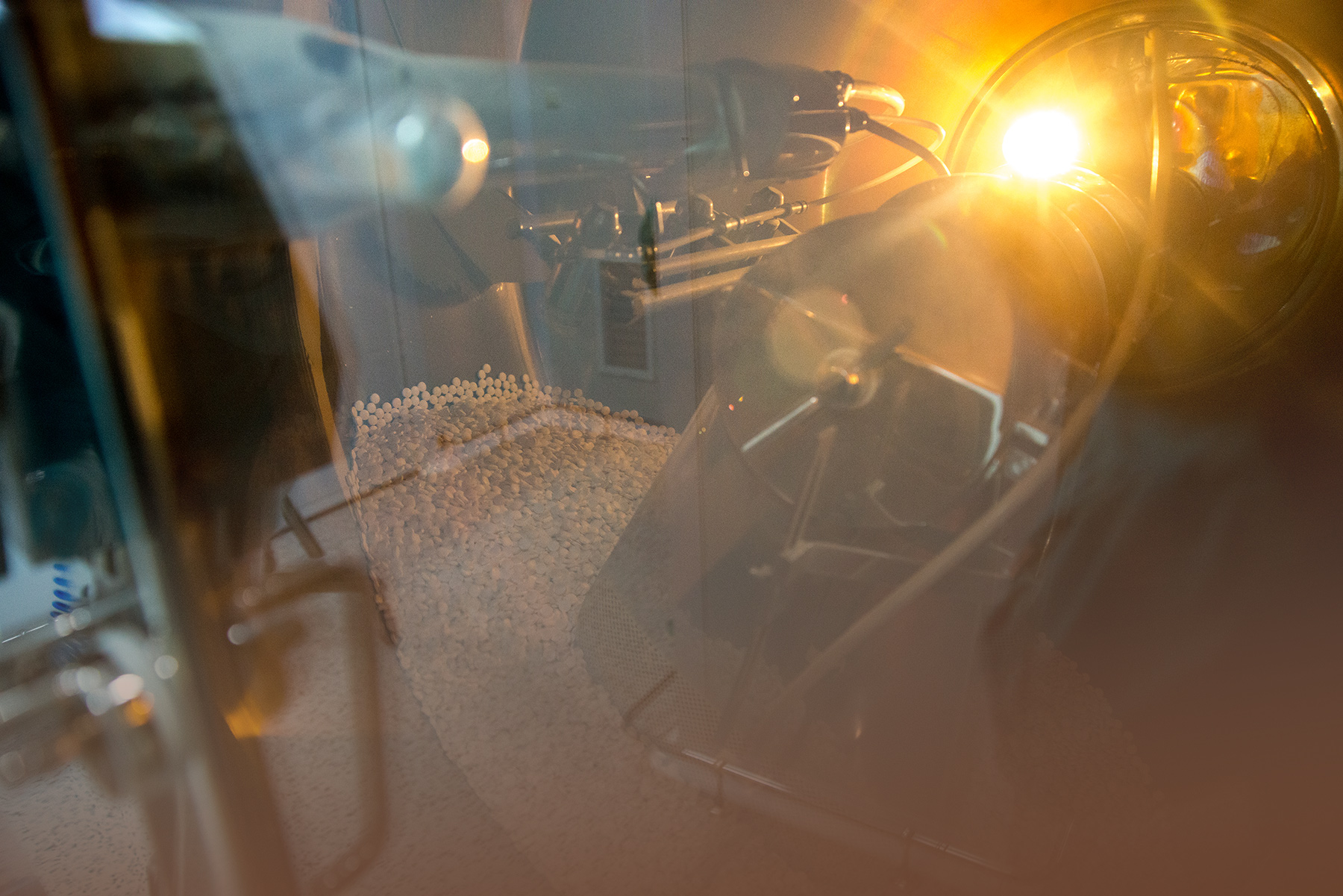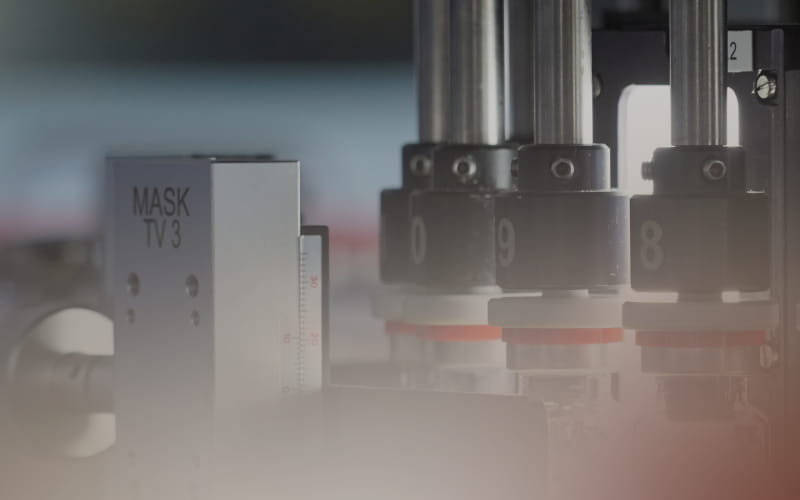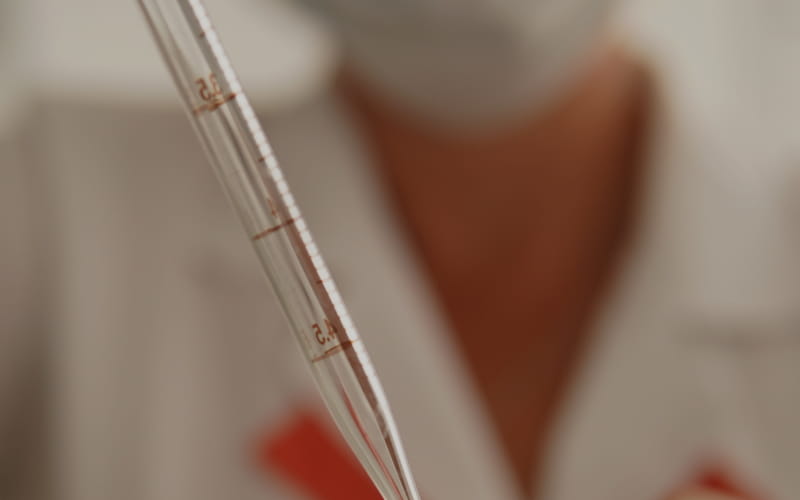
Promomed Group took part in a round table in the State Duma
Maria Porokhnya, Director of Intellectual Property at Promomed Group, and Alexey Taganov, medical adviser at Promomed Group, took part in a round table in the State Duma dedicated to the problems of commercialization of domestic drugs.

The round table gathered together deputies of the State Duma Fedot Tumusov and Evgeny Nifantiev, representatives of federal executive authorities and administrative units of the Russian Federation, representatives of scientific institutions and institutions of higher education, members of associations of pharmaceutical manufacturers, developers and manufacturers of medicines, experts in healthcare management, chief freelance specialists of the Ministry of Health of the Russian Federation and other representatives of professional medical and legal communities (for example, Alexey Zalesov, one of Russia's leading patent attorneys and lawyers specializing in the field of intellectual property).
The round table participants proposed to legislate that commercialization shall not include certain preparatory production processes. These include the development and scaling of production processes of active pharmaceutical substances and finished dosage forms, conducting preclinical and clinical studies, state expertise and marketing authorization, standardization and quality control, production, storage, transportation, importation into the Russian Federation and the offer to sell medicines. It was also decided that the above-mentioned processes shall also include activities for the state registration of the manufacturers’ maximum selling prices for drugs included in the list of vital and essential medicines. At the same time, the suggested legislative provisions do not allow selling of manufactured medicines until expiration of patent.
The participants of the round table also discussed issues of accelerating the implementation of the national pharmaceutical security program, reducing the risk of long-lasting shortage of medicines, ensuring prompt replacement of imported medicines in case of supply disruptions and the absence of products in retail sales.
In her speech, Maria Porokhnya drew the attention to the two serious tasks for the Russian pharmaceutical companies: import substitution of well-known in-demand medicines and the discovery and development of innovative domestic drugs. She focused the participants' attention on problematic issues that are not regulated by law and create obstacles for domestic manufacturers to promptly provide import substitution in the interests of patients who need continuous therapy. The intellectual and time resources that are spent to overcome legislative imperfections in the process of import substitution could be focused on a complex and more important task – the development and patenting of new approaches to the treatment of various diseases that threaten the lives of patients both in Russia and abroad. Maria Porokhnya also pointed out that Russia is not the only country that has faced such a problem, however, many countries have already found a way out of such a difficult situation and succeeded in minimizing the risks in provision of medicines for population.
Alexey Taganov shared statistical data on the stock-outs of foreign medicines used for the treatment of socially significant diseases, and the medical community’s proposals relating to the most relevant therapeutic areas for the development of import-substituting and innovative drugs.
The proposals of the round table participants will be used in the development of a draft law, which is planned to be submitted for discussion in the spring session of the State Duma.



